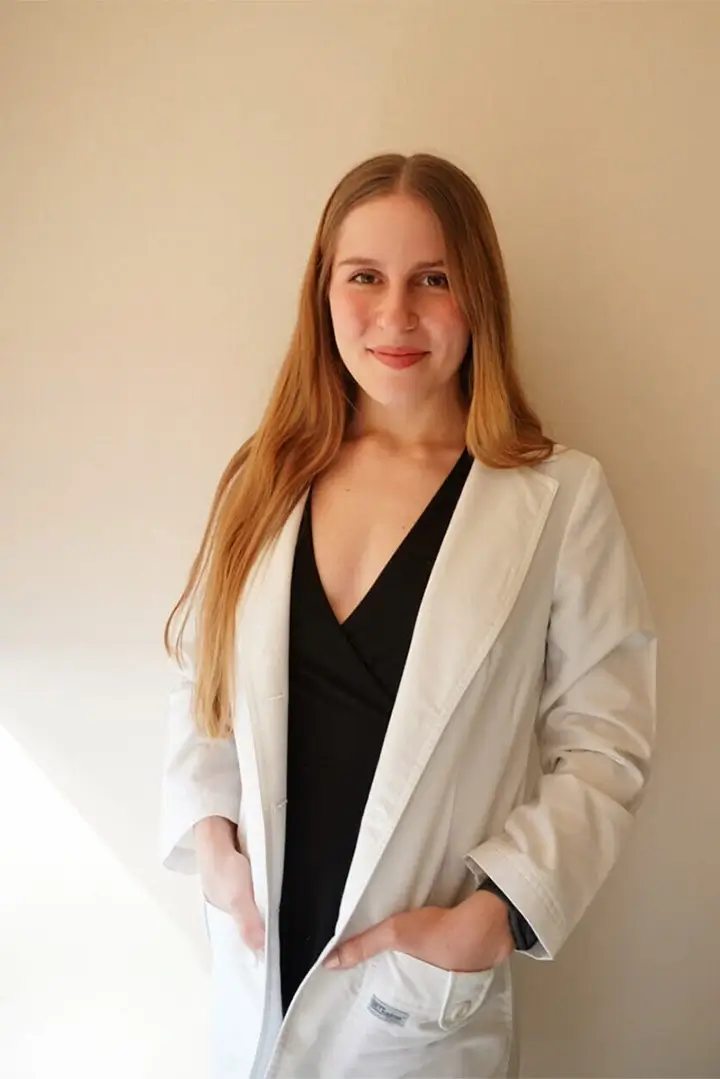On Wednesday, a Japanese researcher proposed a system that could help reduce the time and money needed for treating patients with regenerative medicine in the future. A new type of stem cell, which is produced from a donor’s ordinary skin cells, would be banked much like umbilical cord blood is today.
Shinya Yamanaka of Kyoto University said that instead of tailor-made treatments for individual patients, the proposed system would be more practical.
In November of 2007, without using human embryos or cloning technology, Yamanaka led one of two teams which were able to transform ordinary human skin cells into cells that look and act like embryonic stem cells.
Ethical debates have swarmed stem cell research for years, but Yamanaka’s Japanese based team, along with another team from the United States quited many by reporting their research last year.
Even though researchers say it will take years before such medicine can be used to treat people, new hopes for regenerative medicine have been kindled by the new type of cell called the induced pluripotent stem cell (iPS cell).
“It may be a good idea to make an iPS cell bank,” Yamanaka told a news conference.
“By making such a bank, we can cut down the cost of treatment and also we can shorten the period which is required for the generation of iPS cells,” he said.
“In reality, tailor-made medicine using iPS cells is not so ideal.”
The way to treating people with injuries as well as diseases like diabetes, Alzheimer’s, and heart disease may be paved with iPS cells. Scientists expect them to improve disease research considerably.
However, cells may be needed within 10 days to treat a spinal cord injury and Yamanaka said it takes about three months to transform a patient’s skin cells into iPS cells. The lag in time is the reason for the banking proposal.
Before iPS cells can be used to treat humans, more testing is needed. Although he expects iPS cells to be clinically useful within ten years, it could be longer before iPS cells are used to treat some of the more challenging diseases said Yamanaka.

